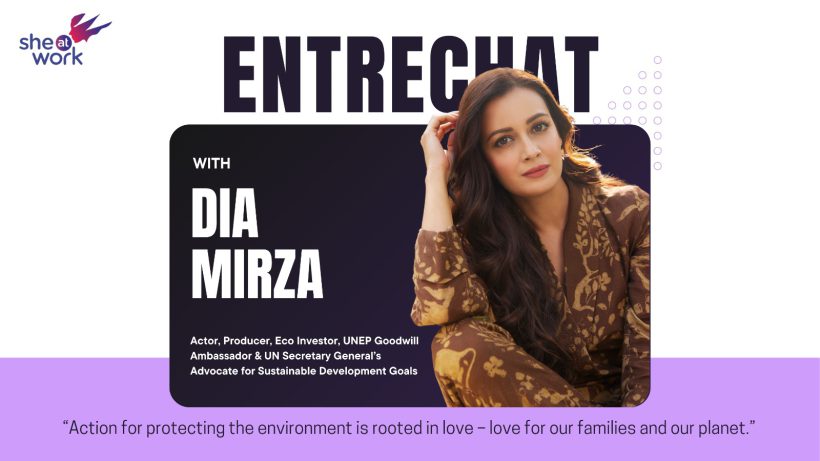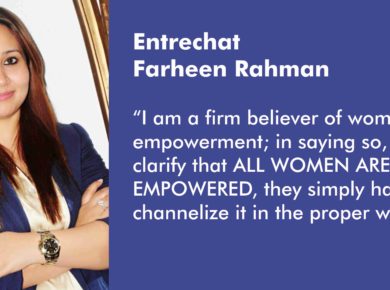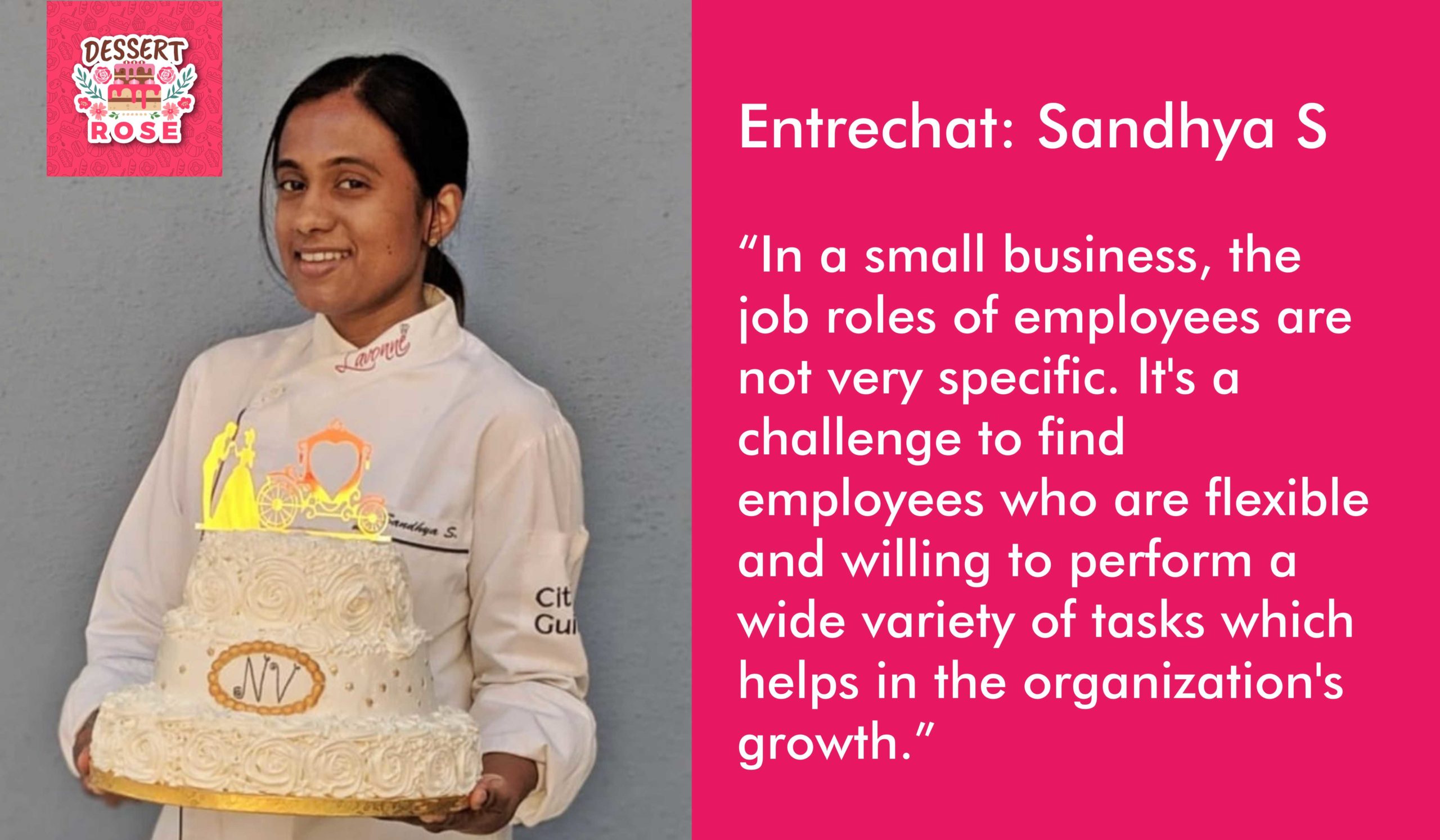We are women. We rise from the wave. We are gazelle and doe, elephant and whale, lilies and roses, we are air, we are flame, we are oyster and pearl, we are the world; we are strength personified. True to this axiom, we have with us today, Ms. Dia Mirza, a woman of substance, beauty and compassion. She has evolved from a being a young 18-year-old we first saw in a beauty pageant on national stage, to now being a changemaker with global influence. She is a filmmaker, actor, eco-investor, UNEP Godwill Ambassador and UN Secretary General’s Advocate for Sustainable Development Goals. She stands tall as a committed voice for change and has contributed her efforts in the field of social change, conservation and environment. As a Goodwill Ambassador, her efforts are directed toward further spreading the message on priority areas including clean air, clean seas, wildlife protection and climate change.
Ques. What do we need to do immediately to address the climate crisis?
Ans. Prominent alarm bells regarding the climate crisis had begun to ring way back in the 1980s. All the glaring scientific evidence gathered and presented were appealing to the human conscience to change the way humans were producing, manufacturing, living, consuming and so on. However, they fell on deaf ears and resultantly today what we have now upon us is a triple planetary crises – the crisis of pollution, bio-diversity loss and climate change. The profound impact of these crises is evident, especially in the global south- from rise in cases of COPD, Cancer, lung impairment to waves of floods, droughts, heat waves, we are battling them all.
So, I would say, action to protect the environment should begin by nurturing love and concern for our families’ well-being. It is imperative to comprehend that without a healthy planet and environment, we cannot hope for health or wealth.
Ques. India is a rapidly growing economy and the demands of a growing economy can sometimes contradict the needs of climate action. How can we strike a balance between the two?
Ans. Economists are evaluating the broken relationship growing economies have with nature. The quantum of destruction this broken relationship has caused is now translating into huge monetary losses for nations. This has nudged us to evaluate our economic model of development which has led us to destruction – we are now questioning ourselves if this economic model truly serves humanity! Development is creating a mental health crisis, reducing people to machines, devoid of quality in life. From what I understand, this is a fractured model and it certainly needs to change. In fact, our idea of development and economic growth has to change; it must evolve.
If we truly wish to plug the gaps, we must examine principles like, GEP – Gross Environmental Produce. Environment health and protection should be at the centre of all policies and development projects. We must take guidance from Nature itself, because the infrastructure that nature has built for us is far more powerful and yielding than any of the infrastructures that are man-made.
Ques. One of the worst sufferers of the effects of climate crisis are children. How can we protect them from these harsh effects leading to health hazards?
Ans. Indeed, those hit the worst by the triple planetary crises are children and women. For instance, apart from children developing disabilities and health issues due to the pollution, women have to walk miles to bring water back for their families when there is water scarcity. Again, as primary caregivers too, women are impacted most. In such a scenario, what may really help us is that institutions can begin coordinating with each other – various ministries need to start communicating with each other to be able to make unanimous and appropriate decisions for the betterment of the society and environment. Again, children need to be taught to value the planet and comprehend the importance of protecting it.
Ques. What role can philanthropy play in dealing with the climate crises?
Ans. A lot of philanthropy is legacy philanthropy. Families through generations have identified their core areas of work and have continued to contribute along those lines. However, unfortunately, very few families have worked for climate protection. As an ambassador of Wildlife Trust of India, I am awakened to this truth that there is very little support for conservation programs in India. Again, our forest rangers, and people who are truly working towards protecting nature, are struggling and their goals lack monetary support. It is a stark reality that today, it is very difficult to get families or organizations to commit funds towards climate support – they are unable to see the connection between social justice and biodiversity protection.
Ques. You are a champion of sustainable development goals and green entrepreneurship, both as an investor and as an entrepreneur. What message do you wish to convey to other bigger businesses along these lines?
Ans. In my humble opinion, the biggest industry drivers are also the biggest polluters! It is in response to their actions that some entrepreneurs are practicing green entrepreneurship and creating products which are healthy for human use and also do not harm the health of the environment in the process of being made. They are not only leading innovation and guiding the way ahead for others to follow, but are also raising the mirror to the polluters reflecting their poor choices in their quest to earn large amounts of money. Green entrepreneurship is an industrial responsibility and its time large conglomerates, who unfortunately are major polluters, need to re-examine their work methods and changed the way they do business. I believe, avoiding responsibilities towards climate action will be seen as human crime at some point of time soon.










